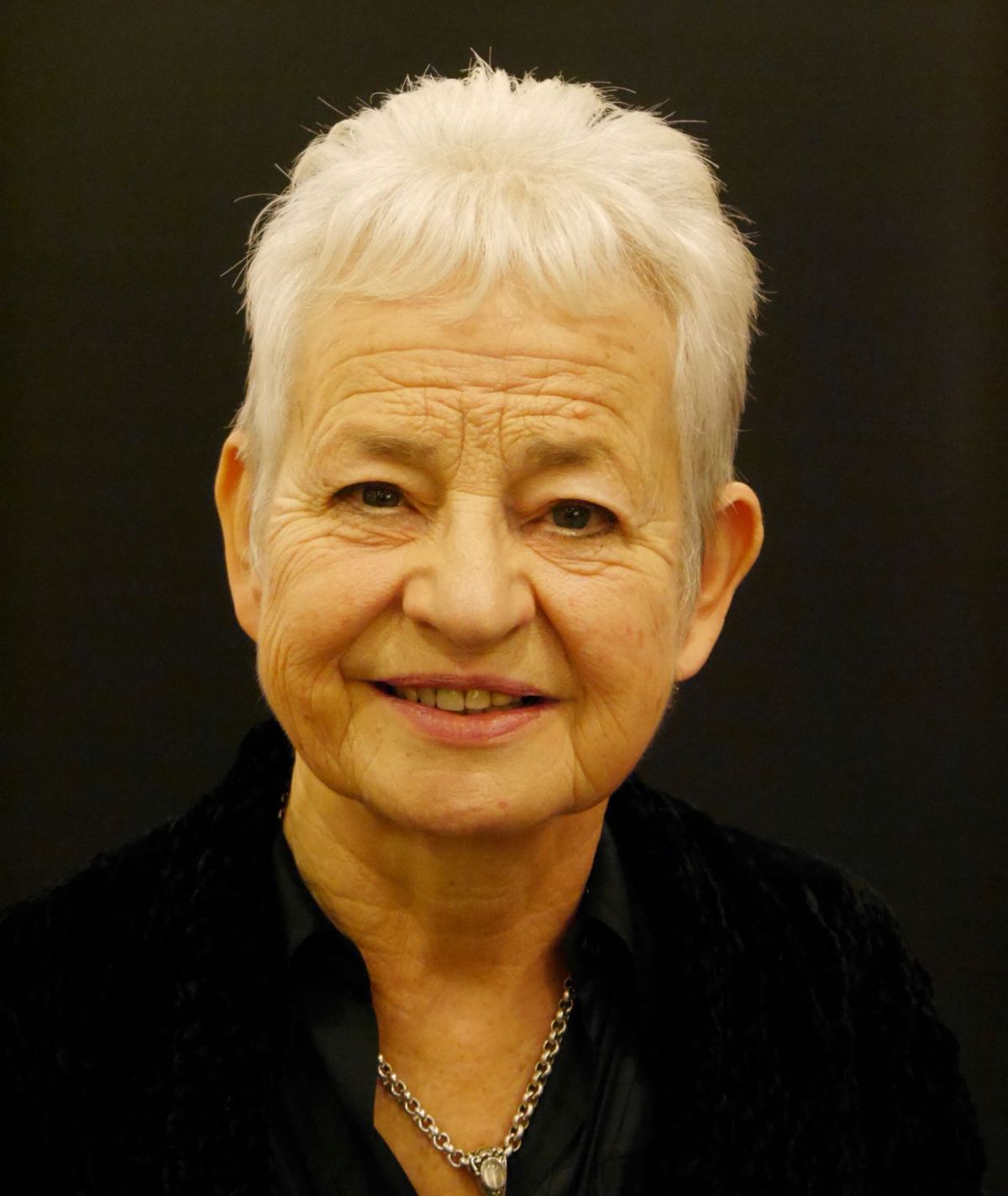Revisiting Jacqueline Wilson: Traumatic or trailblazing?

Throughout the 2000s, millions of parents planted their children with Jacqueline Wilson books to keep them quiet. Unknowingly, they were feeding them with stories of divorce, domestic abuse, mental illness and homelessness. Under the bright front covers and jazzy illustrations lurked a whole array of dark themes.
At the time, we didn’t bat an eyelid. We gobbled up stories of Tracy Beaker’s time in care, Hetty Feather’s abandonment, and Vicky Angel’s traumatic death. But as the years have passed and Wilson’s readership has matured, questions have begun to arise. Why were we consuming such heavy topics at such a young age? Were the books exploitative of traumatic experiences? Or was Wilson pushing boundaries and writing about otherwise taboo topics?
While children’s books are so often concerned with fantastical adventures and far-off lands, Wilson’s books stood out for their gritty realism. Drawing from her own childhood experiences witnessing her parents’ turbulent marriage, Wilson’s stories depicted family tensions and adult themes through a child’s lens.
Her first major success came with The Story of Tracy Beaker. The story of a feisty ten-year-old girl navigating life in a care home became a cultural staple of any mid-2000s childhood. It spawned three sequels, a film, and a CBBC television adaptation, cementing both Tracy, and Jacqueline Wilson, in the cultural zeitgeist.
From then on, Wilson became a force to be reckoned with in the children’s literary sphere. Often publishing multiple books per year, it became hard to go into a bookshop or school library and avoid the instantly-recognisable rainbow covers. However, despite being a Children’s Laureate from 2005 to 2007, not all of Wilson’s work was received with praise. From bickering on Mumsnet to writers dissecting her books, she has remained divisive among parents and critics.
One of the worst offenders is the infamous Love Lessons. It follows fourteen-year-old Prue, struggling to fit into her new school. She forms a bond with her art teacher, who begins to reciprocate her romantic feelings. By the end of the book, Prue is expelled, while the teacher keeps his job and goes unpunished. The lack of repercussions and Wilson’s romanticising of grooming sends an undoubtedly disturbing message to her young readers.
Another example of this questionable messaging is Secrets. Middle-class, privately educated India befriends Treasure, from the local council estate. Inspired by her hero Anne Frank, India hides Treasure in her attic, to save her from her abusive stepfather.
The exploration of class dynamics, as well as the attempt to parallel Anne Frank’s experience, feels uncomfortable and misjudged. It’s an example of how close Wilson gets to sensationalising her characters’ experiences for pure shock value.
Along with some particularly shocking standouts, there are some overarching issues within Wilson’s oeuvre. Given the otherwise diverse range of backgrounds, social classes, and experiences, her protagonists are overwhelmingly white.
The absence of non-white characters is glaringly obvious, suggesting that her depiction of suffering and victimhood is only applicable to whiteness. It’s also contentious that Wilson has made millions off of stories about poverty and suffering whilst continuing to profit from these stories over the decades.
These criticisms and extreme examples raise the valid question of why we were consuming such heavy themes as children, and what made Wilson’s formula so popular. At a time when bookshops were filled with Harry Potters and Percy Jacksons, Wilson captured a distinct sense of girlhood and female coming-of-age. Her protagonists didn’t have magical powers or predestined fates. They were ordinary children with flaws and fears, navigating the adult world (which in itself is often scarier than any fantastical land).
Wilson wrote about the topics that felt otherwise forbidden, restricted to whispered conversations between grown-ups. Children going through similar things could see their reality reflected on the page. Those navigating divorced parents could see themselves in Andy in The Suitcase Kid. Those living in poverty were represented in The Bed and Breakfast Star. Those struggling with bullying found a friend in Mandy from Bad Girls.
Equally, children from more conventional backgrounds were shown the harsh reality of the world beyond the walls of their home. Whether you could relate or not, Wilson’s novels opened our minds and started important conversations on otherwise taboo topics.
When taking a look at Wilson’s current work, it’s clear that she won’t be shying away from heavy topics any time soon. Her most recent release, Baby Love, is a heartbreaking story of teen pregnancy. Meanwhile, 2020’s Love Frankie made headlines for being Wilson’s first queer novel after she came out as gay in the same year. Her continued dedication to these themes, as well as her philanthropy and involvement with various charities supporting vulnerable children, shows that her commitment to these issues goes beyond her literary output.
While we tend to remember Jacqueline Wilson for her most trauma-inducing books and shocking moments, these shouldn’t cloud over her legacy. While it’s debatable as to whether some of her work would be received as warmly in today’s cultural climate, our connection to her and her characters makes her a figure that almost transcends cancel culture.
She forged characters and storylines that stuck with us long after we returned the library books or cleared out our bookshelves. Her impact can still be felt, both in the cultural shift she caused in the children’s genre, and in the conversations she sparked on otherwise unspoken social issues. Yes, Jacqueline Wilson traumatised us all, but also shone a light on modern social issues.







